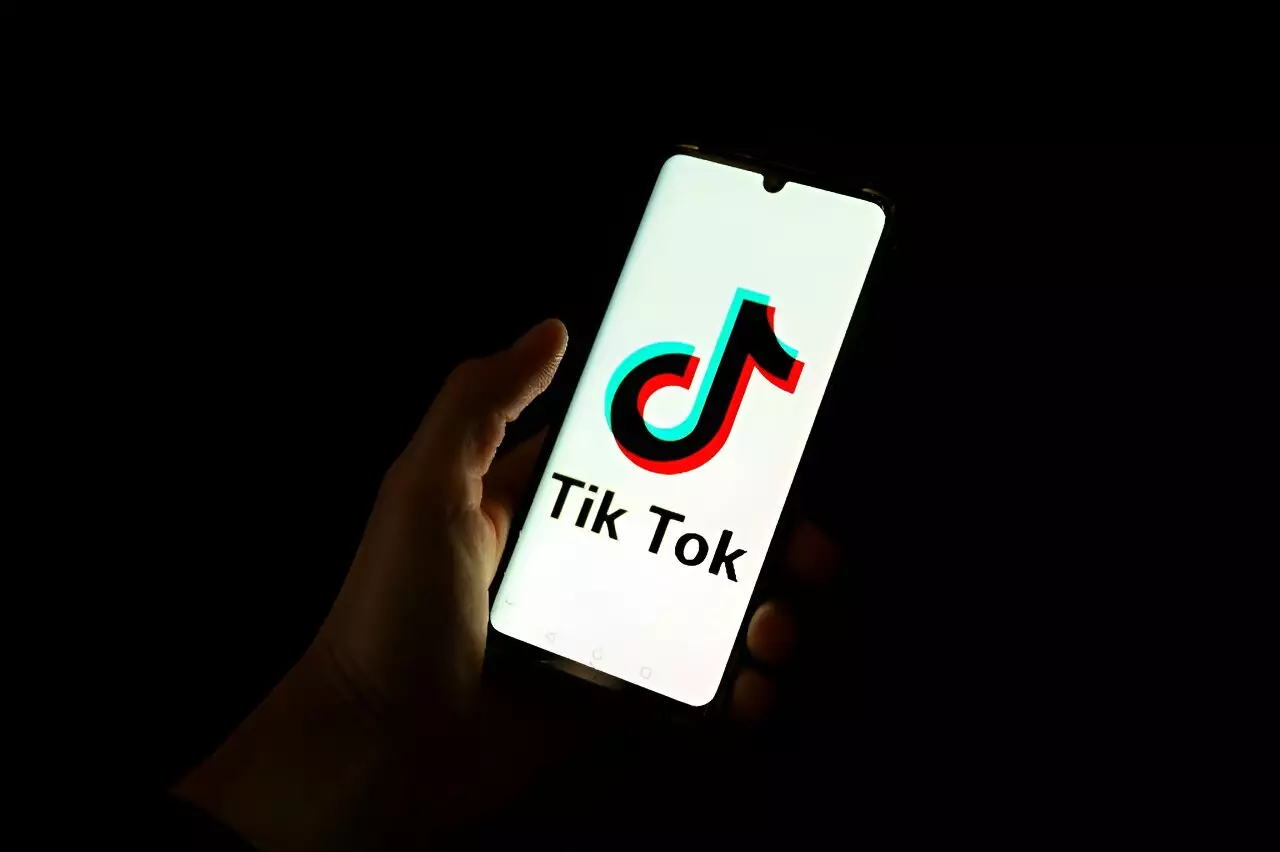The US House of Representatives recently passed a bill that could potentially force TikTok to sever ties with its Chinese parent company, ByteDance, or face being banned from the American market. This move comes after concerns were raised by US and Western officials regarding the app’s alleged ties to Beijing and its potential for spying on users. The bill, which enjoys bipartisan support, is now headed to the Senate for further consideration.
Critics of TikTok argue that the app is being used as a tool for Beijing to spread propaganda and gather data on its users. With a massive user base of 170 million in the US alone, the concerns about national security and user privacy are indeed valid. However, both China and ByteDance deny these allegations, claiming that the app operates independently and is not subject to Chinese government influence.
Under the proposed bill, ByteDance would be required to sell TikTok within a year or risk being excluded from major app stores in the US, such as Apple and Google. This ultimatum aims to curb potential security threats posed by the app and its parent company. President Joe Biden has expressed his support for the bill, emphasizing the need to safeguard American interests and national security.
TikTok, in response to the bill, has raised concerns about the impact on its business operations and the US economy in general. The app claims to contribute billions of dollars annually to the US economy and provides a platform for millions of businesses. The potential ban could have far-reaching economic consequences, not just for the company itself but also for the broader business community.
The debate over TikTok raises ethical questions about the balance between national security and freedom of expression. Tech entrepreneur Elon Musk has criticized the proposed ban, arguing that it would infringe on the principles of free speech. While concerns about security are legitimate, it is essential to consider the broader implications of restricting access to a popular social media platform.
The debate over TikTok underscores the complex issues surrounding national security, privacy, and freedom of expression in the digital age. As the bill moves forward in the legislative process, it is crucial to weigh the potential benefits of enhancing security against the costs of limiting access to a widely used app. The final decision will have significant implications for not just TikTok but also for the larger tech industry and the principles of democracy and free speech.


Leave a Reply